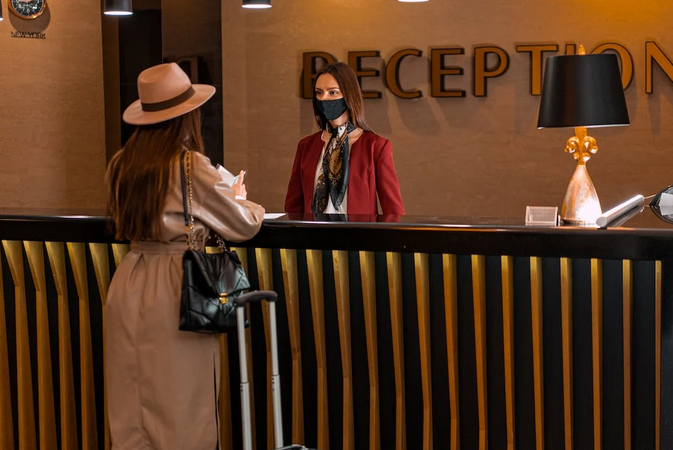
Preventing Premises Liability: Proactive Measures for Hotel Owners
Creating a safe and welcoming environment is not only a priority for hotel owners but a legal responsibility. Premises liability issues can have significant consequences, impacting both guests and the hotel’s reputation. In this article, we’ll explore proactive measures from marylandreporter.com that hotel owners can take to prevent premises liability and ensure the well-being of their guests.
Robust Maintenance Protocols
Regular and thorough maintenance is the cornerstone of premises safety. Implementing a robust maintenance schedule for all areas of the hotel, including common spaces, rooms, and outdoor areas, helps identify and address potential hazards before they escalate.
Adequate Lighting

Well-lit spaces contribute not only to a pleasant ambiance but also to guest safety. Adequate lighting in hallways, parking lots, entrances, and other common areas minimizes the risk of slips, trips, and falls. Regularly inspect and replace faulty or dimming lights to maintain optimal visibility.
Secure Flooring and Surfaces
Slip and fall incidents are common causes of premises liability claims. Hotel owners should invest in slip-resistant flooring and promptly address any spills or wet surfaces. Regularly check carpets, tiles, and other flooring materials for wear and tear, replacing or repairing as needed.
Clear Signage and Warning Notices
Communication is key in preventing accidents. Install clear signage indicating potential hazards, such as wet floors or uneven surfaces. Warning notices in areas undergoing maintenance or repair provide guests with information to navigate safely.
Adequate Security Measures
Ensuring the safety of guests involves implementing adequate security measures. This includes well-trained staff, surveillance cameras, and secure access control systems. Visible security presence can act as a deterrent, promoting a sense of safety among guests.
Regular Inspection of Outdoor Spaces
Outdoor areas, including gardens, pools, and recreational spaces, require regular inspection. Check for any potential hazards, such as uneven pathways, loose handrails, or slippery surfaces. Promptly address issues to prevent accidents.
Emergency Preparedness

Being prepared for emergencies is paramount. Conduct regular drills for hotel staff to respond effectively to fires, natural disasters, or other emergencies. Ensure that emergency exits are clearly marked and accessible and that staff is well-versed in evacuation procedures.
Compliance With Accessibility Standards
Adhering to accessibility standards ensures that the hotel is inclusive and minimizes the risk of accidents for guests with mobility challenges. Install ramps, handrails, and accessible features as required by regulations to provide a safe environment for all guests.
Regular Guest Feedback
Guest feedback is a valuable resource for identifying areas that may need attention. Encourage guests to provide feedback on safety concerns and promptly address any reported issues. Regularly reviewing and responding to feedback demonstrates a commitment to guest safety.
By implementing proactive measures, hotel owners can not only prevent premises liability issues but also enhance the overall guest experience. Prioritizing safety contributes to a positive reputation, fosters guest loyalty, and ensures legal compliance. Ultimately, creating a safe and secure environment reflects a commitment to excellence, making the hotel a welcoming haven for guests from all walks of life.
